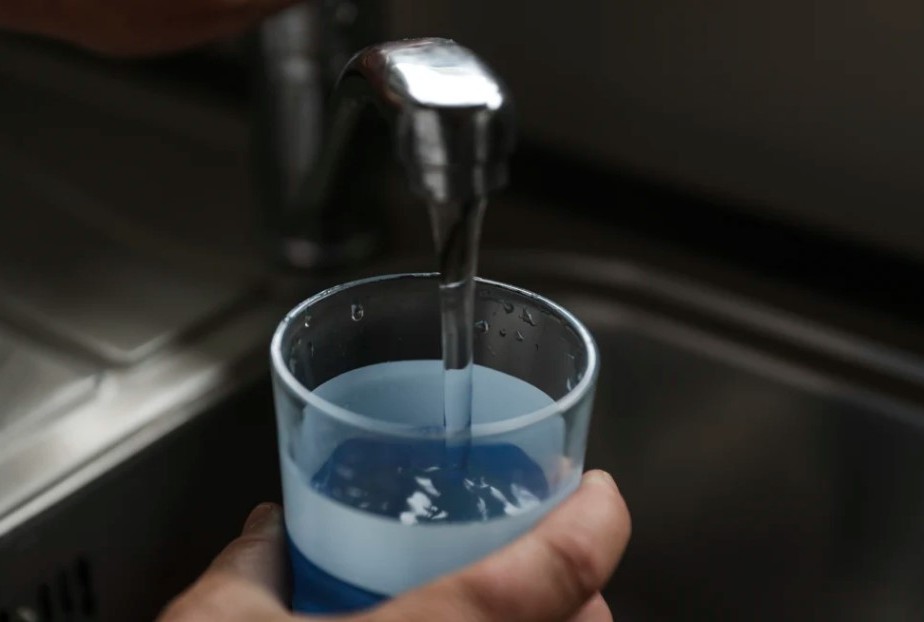Drinking water at 20 sites mostly clear of 'forever' chemicals

Drinking water in 20 New Zealand suburbs has come up largely clear of toxic 'forever' chemicals.
Auckland University researchers tested for PFAS or per- and polyfluoroalkyl compounds which are subject to a new clampdown in the United States.
The researchers said their findings from sampling for the incredibly bio-persistent manmade chemicals came in at under one part per trillion - below the most stringent drinking water regulations in the world.
"Our findings were a pleasant surprise," the researchers said in a statement on Tuesday.
The tests of tap, bore and lake water are mostly in urban areas north of Taupō and three in the South Island.
"It's a significant outcome for the community well-being of Aotearoa, especially in light of the recent global studies" which showed high levels in many places, including in Australia and the US.
Water was sampled at Auckland CBD, Beachlands, Beach Haven, Botany, Christchurch, Dunedin, Flat Bush, Hamilton, Mairangi Bay, Mount Maunganui, Mount Roskill, Pukekohe, Remuera, Rotorua, St Heliers, Taupō, Te Atatū Peninsula, Titirangi, Queenstown (including a lake sample) and Waiheke.
The samples were representative but did not capture fluctuations or long-term trends in contamination, researchers said.
They tested for 30 types of PFAS, including the few that are regulated - which include those that were subject of the Hollywood movie Dark Waters.
American authorities for the first time this month finalised strict limits on the most common PFAS at levels way below New Zealand's allowable guidelines, which follow Australia's lead.
But another 10,000 types of PFAS remain unregulated, and more being created all the time.
"Regular water monitoring of emerging contaminants such as PFAS is crucial in New Zealand to address water quality issues and ensure public safety," research leader associate professor Lokesh Padhye said.
The Environmental Protection Authority (EPA) recently said it had no plans to follow up on testing of wells last year, which found low levels, even though the authors of that study said it should be monitoring throughout the country.
The compounds with a virtually unbreakable carbon-fluorine bond are still widely used in firefighting foam - though that type is now banned in New Zealand - and to waterproof products like carpets and jackets, as well as in cosmetics and food packaging, and in thousands of industrial processes.
They have been linked to various cancers, high cholesterol and lowered immune systems in children, and pregnant women pass them to unborn babies.










